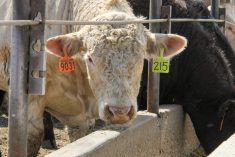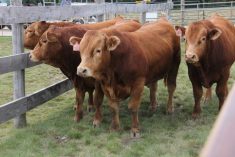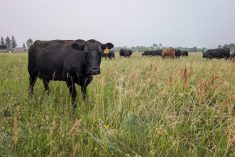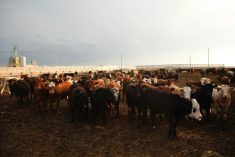Saskatchewan plans to clear a few new paths for veterinary technologists and veterinarians in training to take up work in underserved rural areas.
The province on Tuesday announced the two-year registered veterinary technologist program at Saskatchewan Polytechnic will offer a distance delivery option, starting this fall, for vet techs to train in rural and remote areas.
Eight students will be accepted for the fall intake on the new option, whereas the vet tech diploma program usually accepts 26 first-year students per year at the school’s Saskatoon campus.
Read Also
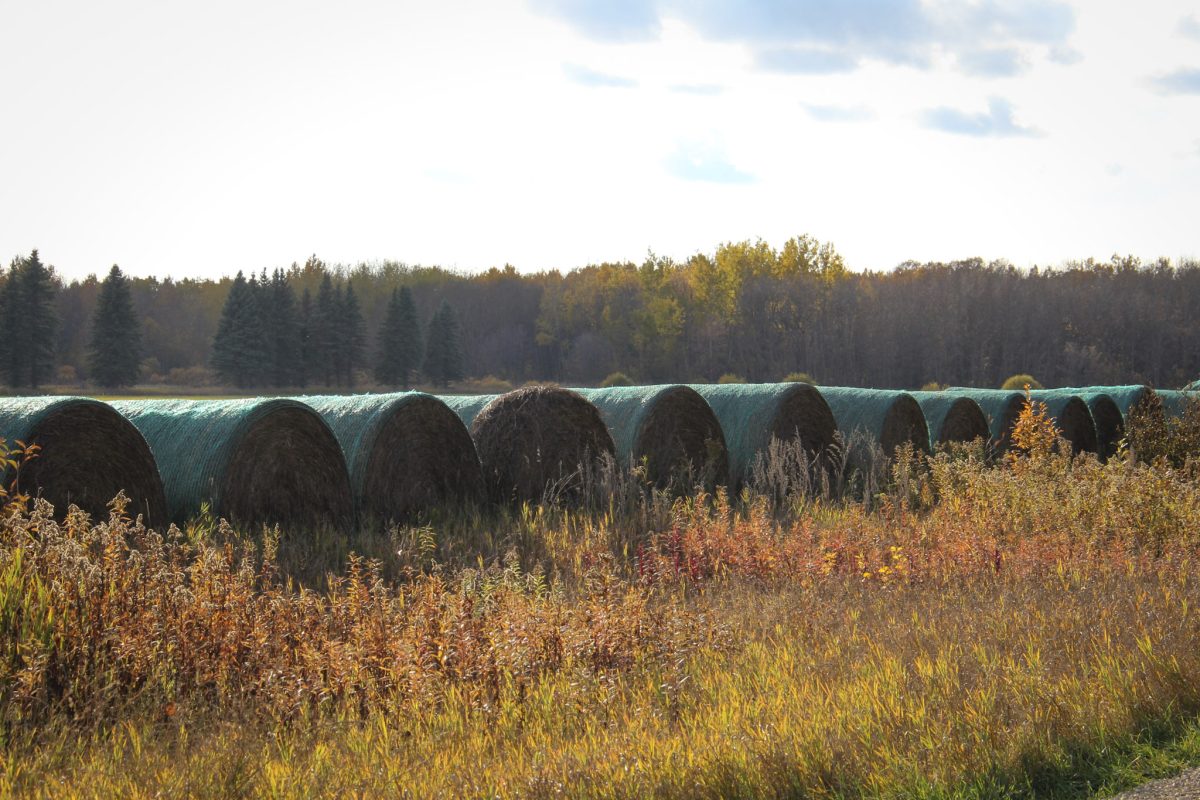
Prairie forecast: No real signs of winter yet
Forecast issued November 12, covering Nov. 12 to 19, 2025 Highlights Developing conditions suggest above-average temperatures, limited precipitation and light…
Participants in the remote program would “begin their studies remotely and complete the program at a partnering clinical practice with local veterinarians,” the province said.
Students in the virtual program would have to complete the program out of a rural partnering clinic — specifically, a mixed animal clinic, Saskatchewan Polytechnic said.
The advanced education ministry will put up $687,000 for development and operating costs for the new program in 2021-22, the province said Tuesday.
Further sweetening the offer, the province on Tuesday also announced a loan forgiveness program for new graduates who practice in rural or remote areas of the province.
Under that plan, veterinarians and veterinary technologists who work in rural and remote communities for up to five years will have up to $20,000 of their Saskatchewan Student Loans forgiven, the province said.
The province noted Tuesday that three of the 20 seats it funds at the Western College of Veterinary Medicine (WCVM) at the University of Saskatchewan will prioritize admission of students who are “more likely to work in a large animal and/or rural mixed animal practice.”
The remote learning and loan forgiveness programs are “important to addressing a labour market shortage in rural Saskatchewan,” Advanced Education Minister Gene Makowsky said in Tuesday’s release.
The Saskatchewan Cattlemen’s Association, for one, “has been talking about the challenge of diminished rural veterinary services for years,” association chair Arnold Balicki said in the province’s release.
The association is involved in a preceptorship partnership with Saskatchewan Veterinary Medical Association, he noted, to help third-year students try out practices in rural Saskatchewan.
The province’s latest steps, Balicki said, “are very welcome in ensuring cattle producers have access to veterinary services across Saskatchewan.”
“The provincial government’s move to target three rural-oriented seats will help encourage even more of our veterinary graduates to choose agriculture-focused veterinary careers,” WCVM interim dean Dr. Gillian Muir said in the same release.
A shortage of veterinarians and vet techs in rural areas hasn’t gone unnoticed in neighbouring Alberta either, where the sector is considering more ways to use vet techs in rural practices, and seeking out internationally-trained vets. — Glacier FarmMedia Network






